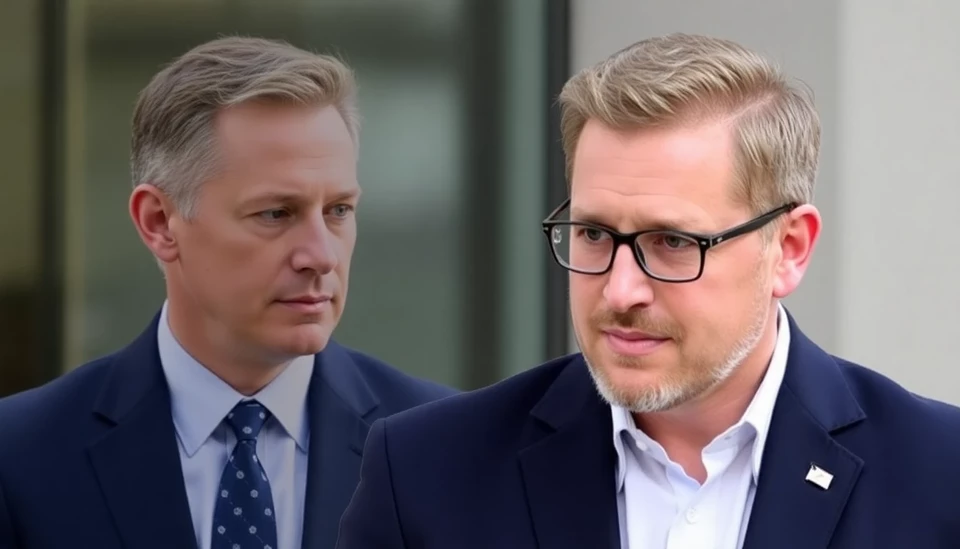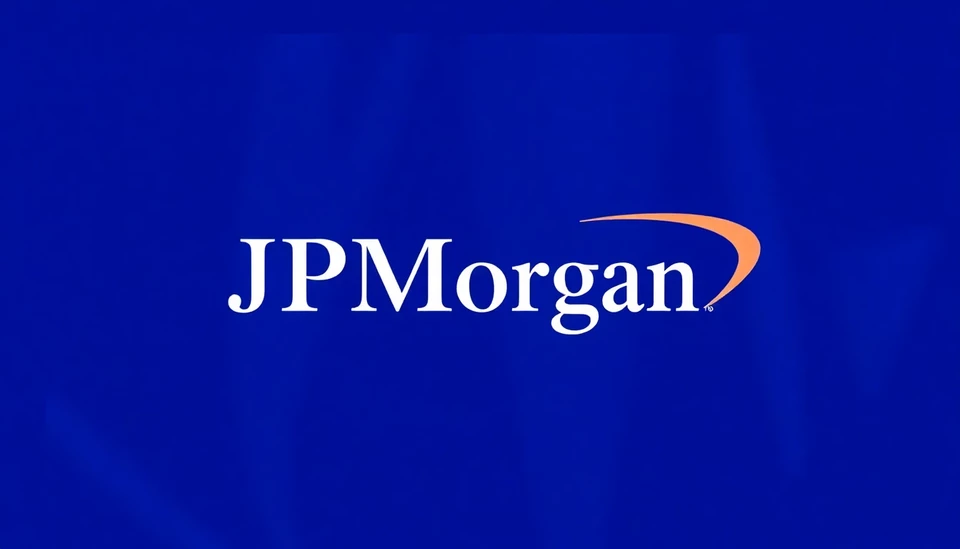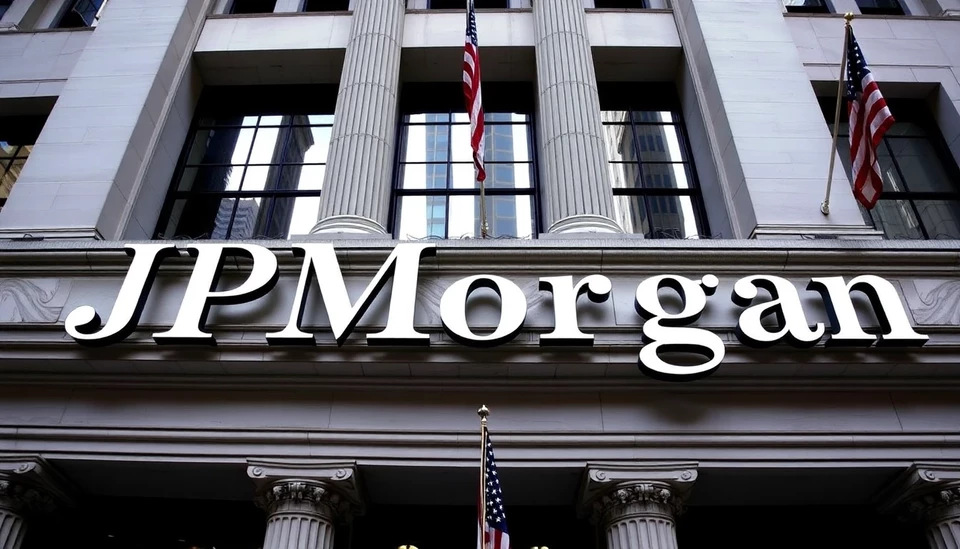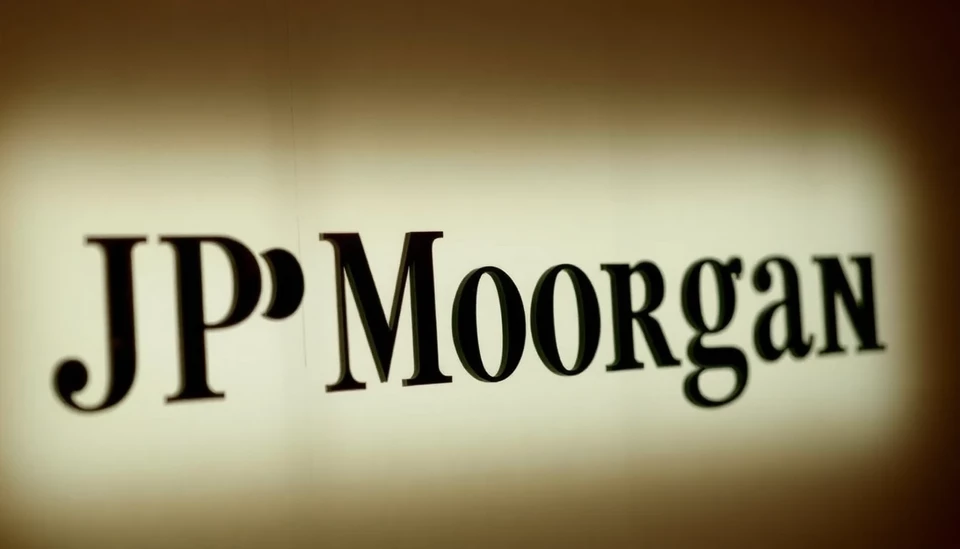
In a significant development within the financial and tech industries, Charlie Javice, the former CEO of the startup Frank, was convicted on charges of defrauding JPMorgan Chase as part of a multi-million dollar acquisition deal. The ruling, which came down from a federal jury in Manhattan, highlights the growing scrutiny on startups and their operational practices, particularly regarding financial disclosures and customer data.
The case against Javice emerged after JPMorgan, one of the largest banking institutions in the United States, acquired Frank in 2021 for approximately $175 million. The bank aimed to enhance its outreach to college students and streamline access to financial services. However, as the investigation unfolded, it became clear that Javice had allegedly provided misleading information about Frank's customer base to secure the lucrative deal. Prosecutors accused her of fabricating data to convince the bank that the platform had millions of users, whereas evidence indicated a far lower number.
During the trial, jurors were presented with a variety of evidence, including internal communications and testimonies from former employees, which painted a picture of a startup driven by hyperbole and deceit in order to attract investment and partnerships. Javice’s defense argued that she was merely enthusiastic about her company’s potential, and that her interpretations of the data were misrepresented by the prosecution. Nevertheless, the jury decided otherwise, placing her case under the lens of corporate ethics and responsibility.
As a consequence of the guilty verdict, Javice now faces a potentially lengthy prison sentence, with sentencing scheduled for later this year. This verdict serves as a stark reminder of the legal risks associated with high-stakes deals in the startup sphere, particularly as investors and institutions increasingly demand transparency and integrity in financial disclosures. The ramifications of this case could resonate throughout the tech industry, influencing future transactions and the standards expected of company executives and founders.
In the wake of her conviction, experts speculate on the broader implications for startups, particularly those positioned at the intersection of finance and technology. This case may usher in a new era of regulatory scrutiny as both investors and regulators become more vigilant, demanding adherence to ethical practices and accountability from emerging companies. As the landscape continues to shift, the outcome of Javice's case is likely to impact future entrepreneurial endeavors, potentially steering them towards a more cautious approach in dealings with large financial institutions.
As the story develops and potential appeals or sentences are announced, the startup community, investors, and regulatory bodies will be keeping a close eye on how these issues of fraud and accountability unfold. The narrative of Javice's journey from ambitious entrepreneur to convicted felon underscores the delicate balance of innovation against the backdrop of ethical responsibility and legal compliance.
For more information and updates on the case, stay tuned as we cover the latest developments in this compelling story.
#CharlieJavice #JPMorgan #StartupFraud #FinancialEthics #TechIndustry #CorporateAccountability #StartupNews #Entrepreneurship
Author: Victoria Adams



